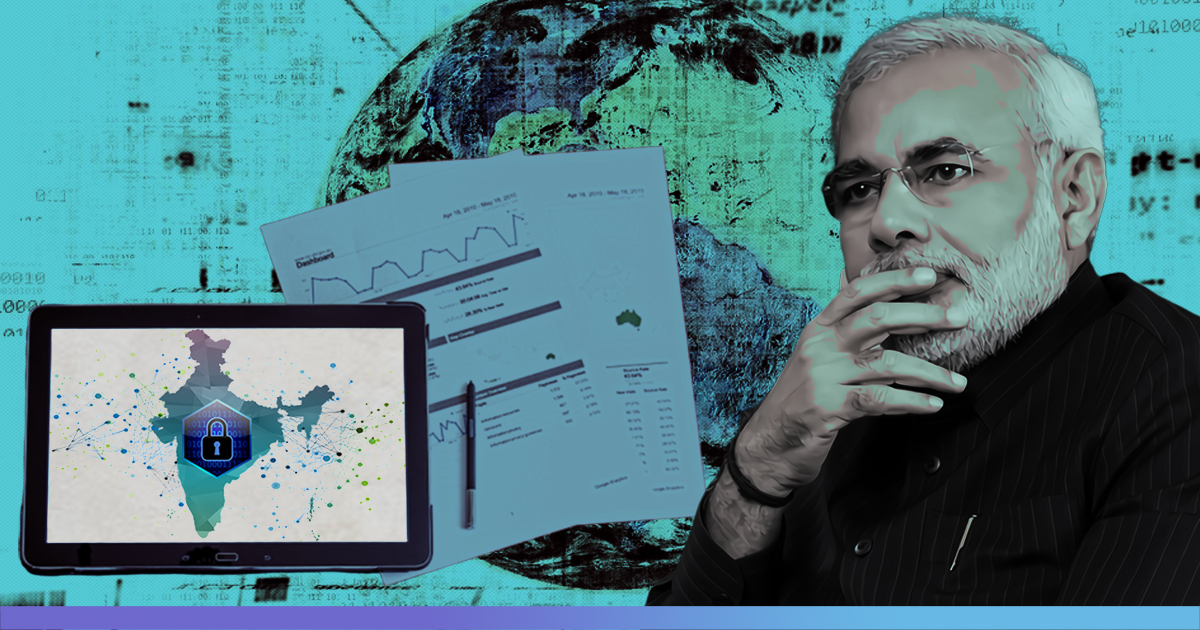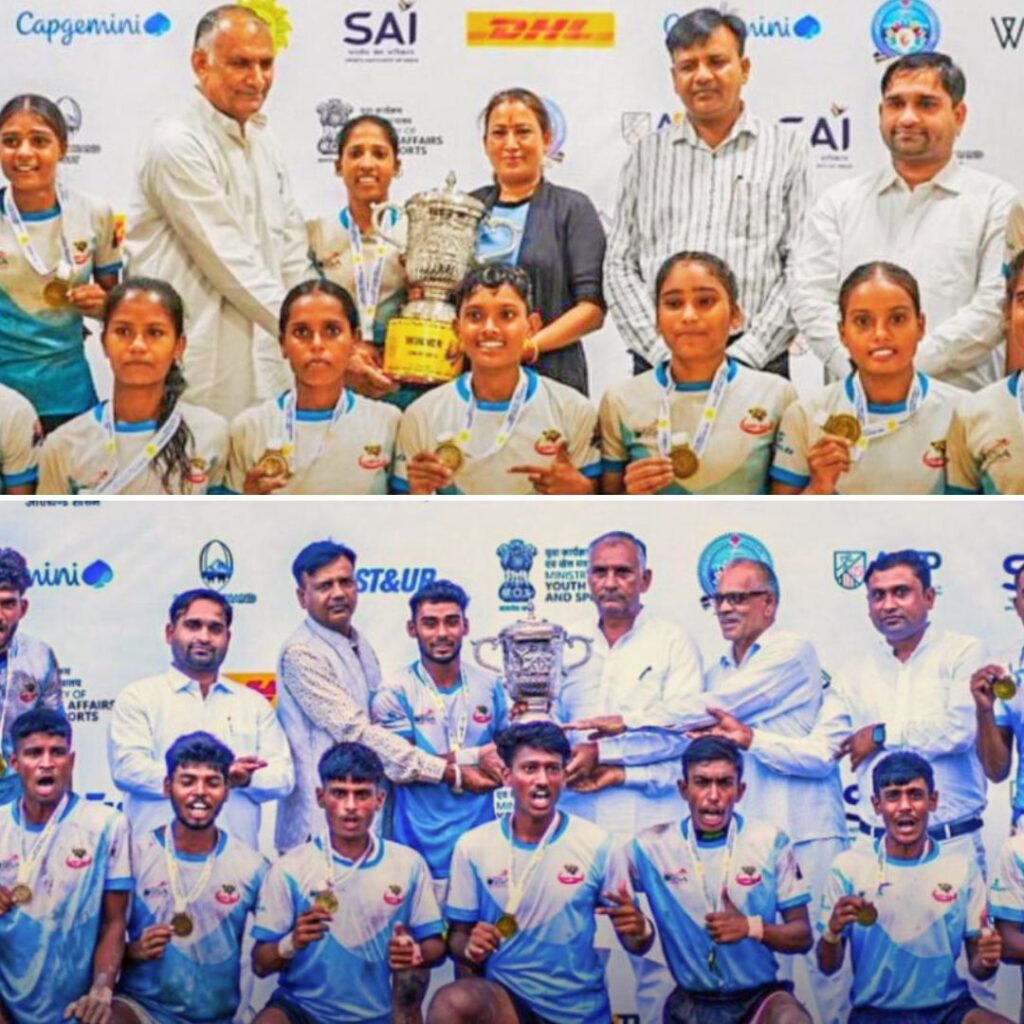World’s largest democracy – India is also among one of the top surveillance states following Russia and China.
According to the data released by UK research firm, Compritech, India secured third place on the chart when it comes to surveilling citizens. On the company’s privacy index, India scored 2.4 out of 5, indicating a “systemic failure to maintain (privacy) safeguards.”
Comparitech has assessed privacy protection and the state of surveillance in 47 countries to see where governments are failing to protect privacy and/or are creating surveillance states.
To do this, they looked at a number of categories, from the use of biometrics and CCTV to data sharing and retention laws.

Why Indian Citizens Face Privacy Invasion
Comparitech further published the reasons why Indian citizens face the threat of privacy invasion by their government. The firm blamed the frail law and regulations which threaten citizens’ privacy, including:
- Its Data Protection Bill is still a bill and yet to come into effect. So, there is no data protection authority in place, meaning privacy protections are weak at present.
- The Aadhaar Identification Scheme gives citizens a unique ID number and is also home to the largest biometric database, which contains 1.23 billion people.
- This database maintained by Aadhar also contains information such as purchases, bank accounts, and insurance.
- The authorities in India trying to get WhatsApp messages traceable by adding a digital fingerprint to every message sent.
- CCTV isn’t regulated and any privacy laws relating to it are very vague and open to interpretation.
- 10 government agencies have recently been given the authorization to decrypt, monitor, and intercept data on any computer (but this must be approved by the Home Secretary).
- Should service providers fail to offer intercept capabilities, they could face prison for up to seven years.
- India frequently shares information with the US and has multiple Mutual Legal Assistance Treaties with different countries that demand user data be shared regularly.
- In absence of laws on press freedom, India ranks 140th in the world in the Press Freedom Index. Six journalists (at least) were killed in India in 2018.
The privacy laws and regulations that govern the citizens of India are weak and open to interpretation. Hence, private companies can easily access the information by getting the Aadhar card details and biometric.
Also Read: How African Boy Harnessed Wind To Light His House











